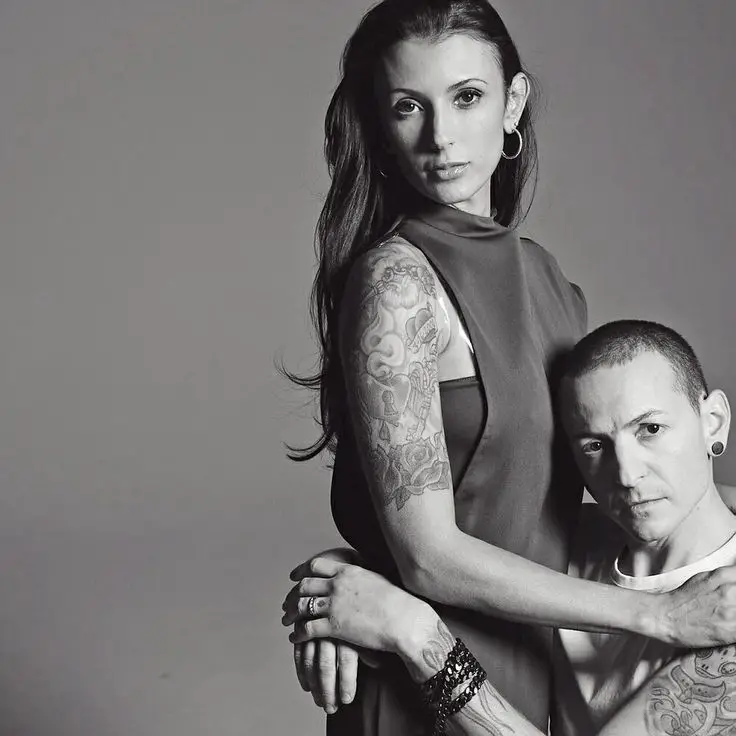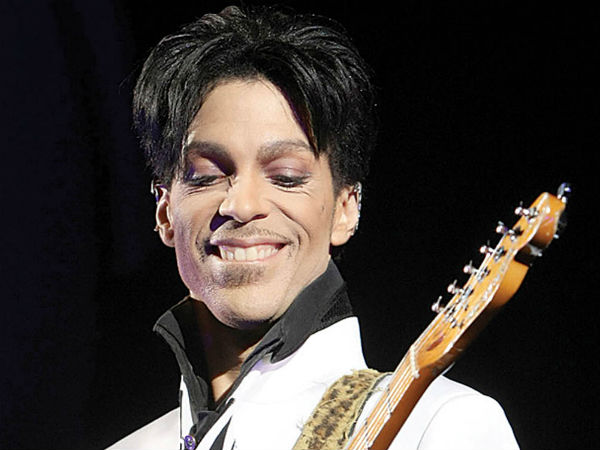
Slowly, the Music Industry is Talking More About Depression and Addiction
It’s taken the loss of several dozen artists over the last couple of years–Prince, Amy Winehouse, Scott Weiland, Keith Emerson, Chester Bennington and Chris Cornell among them–to get people seriously talking about addiction and depression. About time.
Forbes takes a look at where things are and where they could (should!) be going.
Addiction and depression are, sadly, nothing new, in the music industry. As long as there have been rock stars there have been too early tragic demises, from Jim Morrison and Janis Joplin to Amy Winehouse and Prince.
Harold Owens, Senior Director of the Recording Academy’s MusiCares charity, has been helping the industry deal with addiction and depression for going on 29 years. He does think though that after so many years, things are changing.
“It’s almost reaching a head. We have to absolutely do something,” Owens says.
The issues are unquestionably more at the forefront of the industry then they have been in years. After the shocking deaths May 18 and July 20 of Soundgarden frontman Chris Cornell and Linkin Park vocalist Chester Bennington respectively, addiction and depression are discussed constantly behind industry closed doors and on social media.
Both men were incredibly well liked and respected within the industry. Cornell for his graciousness and humility, Bennington, who will be honored at an October 27 concert by Linkin Park and friends at the Hollywood Bowl, for his constant smile, sense of humor and warmth to all. Given the impact both men had on music, as public faces of best-selling rock bands and tireless behind the scenes advocates for multiple charities, it is no surprise that their tragic deaths have served as a wake-up call to an industry that still faces hurdles with these issues and is trying to figure out how to best help artists in need.
Keep reading. It’s important.




I can’t seem to find a link to the Forbes article. Is it missing from this post?
Fixed!